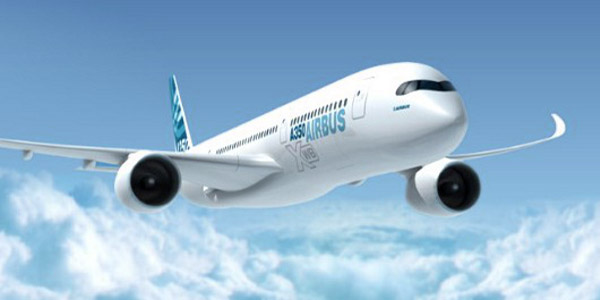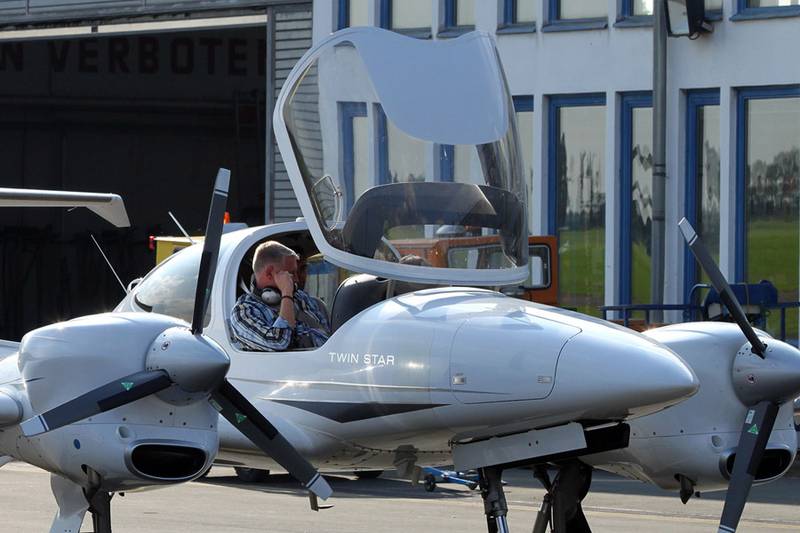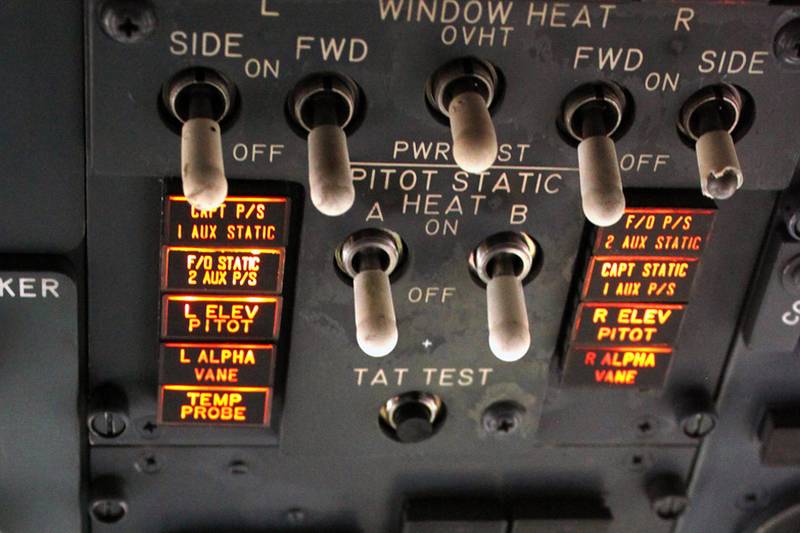The continuous form of ATPL training (Ab Initio) is suitable for all applicants who do not yet have a pilot's license and want to reach their training goal as quickly as possible in a continuous process in the context of a group.

In the ATPL(A) - Airline Transport Pilot Licence (Aeroplane) / License for Transport Pilots (Aircraft), the necessary knowledge and skills are taught in the theory training as well as in the flight training to perform an activity as a co-pilot on multi-engine aircraft with two pilots in commercial transport (MPA Multi Pilot Aircraft). In addition, for an activity in commercial air transport as a responsible pilot on aircraft certified for a minimum crew consisting of one pilot (SPA Single Pilot Aircraft).


In the process, the graduate initially receives a commercial pilot license (frozen ATPL). The full ATPL can only be obtained after a total flight time of 1500 hours as a pilot on aircraft, the attainment of a flight time of 500 hours in flight operations with 2 pilots and the subsequent successful completion of the practical ATPL examination.
Requirements
- Minimum age of 17 years at beginning of the training
- Class 1 airworthiness certificate. The initial examination must be conducted by an aero-medical center recognized by the German Federal Aviation Authority.
- Proof of sufficient knowledge in the subjects mathematics, physics and English by report card or proficiency entrance test of the flight school
- Proof of reliability in the sense of §24 LuftVZO
- Extract from the central traffic register of the Federal Motor Transport Authority (not older than 3 months)
Duration of training
Theoretical training
Theory instruction is full-time and lasts approximately 7 months. A total of 750 hours are distributed over the following subject areas:
- Aviation law
- General aviation knowledge
- Airframe and systems
- Engines
- Electrical engineering
- Instruments
- Flight performance and flight planning
- Flight performance
- Flight planning and monitoring
- Loading and center of gravity
- Human performance (human factors)
- Meteorology
- Navigation
- General navigation
- Radio navigation
- Operational procedures
- Aerodynamics
- Radio communication
Practical training
Training includes a minimum of 195 flight hours, including:
- 80 hours visual flight
- 115 hours flying on instrument (of which up to 55 hours in the simulator)
- 5 hours night flight
- 15 hours in the cooperation of the flight crew (MCC)
- 15 hours on multi-engine aircraft
The FFL flight school will be happy to advise you on the choice of your form of training as well as suitable financing. Contact us for a non-binding informational talk or have a look at our FAQ page.
